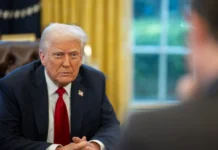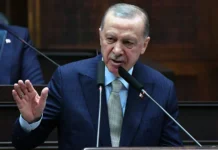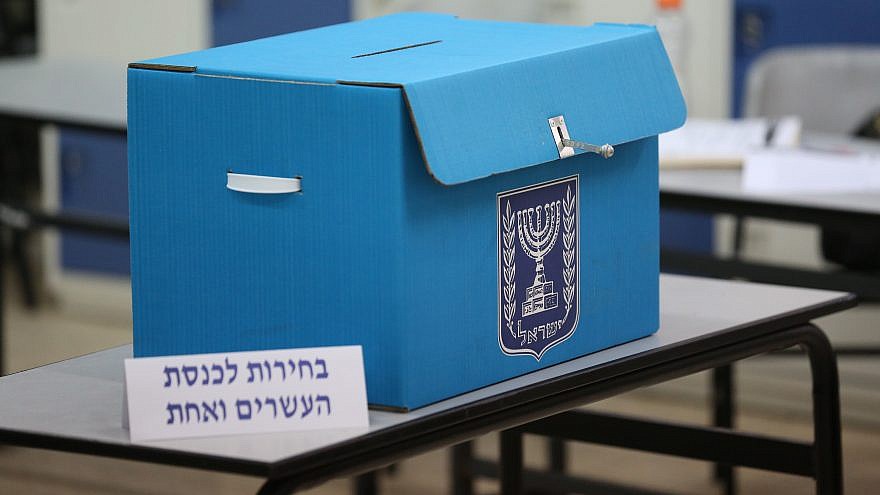Israeli Prime Minister Benjamin Netanyahu encountered a political bump on the road on Monday when his bill to place cameras in polling stations for next week’s election failed to pass in committee; in fact, it didn’t even make it to the Knesset floor. The pushback occurred after several days of intense debate and controversy in Israel over the measure, which had been publicly opposed by the country’s attorney general, in addition to other legal and election officials.
“What Netanyahu is trying to pass is not a voter observer bill; it is an election-stealing bill,” said Yisrael Beitenu leader Avigdor Lieberman, whose party lawmakers voted against the measure in committee and prevented it from advancing.
The legislation, called the Security Camera Law, would have allowed representatives from Likud and other parties to bring cameras into polling stations. While the location where citizens actually vote would not be filmed to insure privacy of the vote, the cameras would film the broader room to make sure that no fraudulent activity takes place among the committee of party representatives who monitor the polling stations and count the votes by hand once the polls close.
The bill was strongly opposed by Attorney General Avichai Mandelblit, Central Elections Committee and the Knesset’s legal adviser.
He said that the law would undermine “the exercise of the fundamental right to vote” because voters would be scared off by the sudden appearance of cameras.
He said at a government meeting that while he is not against the principle of cameras in polling places, it must be done in a planned, orderly manner, and not rushed.
‘Allowing each party to film will cause chaos’
During elections earlier this year in April, Likud had equipped some 1,200 polling officials in mainly Arab population centers with hidden body cameras to prevent what the party said was rampant fraud in the community.
However, Israel’s Central Elections Commission had said that no specific intelligence about suspicious activity and or increased voter fraud has been brought to the attention of anyone in the government that would justify the sudden need for cameras via this last-minute legislation.
Nevertheless, Netanyahu countered the attorney general’s premise by explaining that monitors at the polling stations can use their mobile phones to film, and that no special equipment is needed.
He told the media at the government’s meeting, “This happens in all public spaces. Everyone films, every grocery store is documented with cameras, but it is not possible to film precisely in the polling place? Cameras in polling places to ensure clean elections is simple, logical, transparent and right.”
Likud Tourism Minister Yariv Levin told JNS that “we respect the attorney general, but I want to remind everyone that he serves in an advisory position. He does not replace the government or the ministers. By law, the government decides.”
Blue and White Party Knesset member and former Israeli Defense Minister Moshe Ya’alon told JNS that “this entire process is just to put a stain on the Arab population and others by suggesting that [their actions] are fraudulent.”
He added that “it is also to challenge and cast doubt on the justice system as [the prime minister] fights his legal battles. He wants to challenge the attorney general and Supreme Court Justice Hanan Melcer, who oppose the law. The justice said that he will prevent fraud with 13,000 overseers with cameras and by empowering the head of each polling station with the ability to film if there is a problem. But allowing each party to film whenever they want will cause chaos.”
Ya’alon went on to explain that in the last election, the only complaints of fraud were against Netanyahu’s Likud Party and one of his natural partners, Shas. Yaalon concluded that “Netanyahu knows the law won’t pass the courts. But now if he wins, he will declare victory despite the fraud, and if he loses, he will blame it on the fraud.”


























